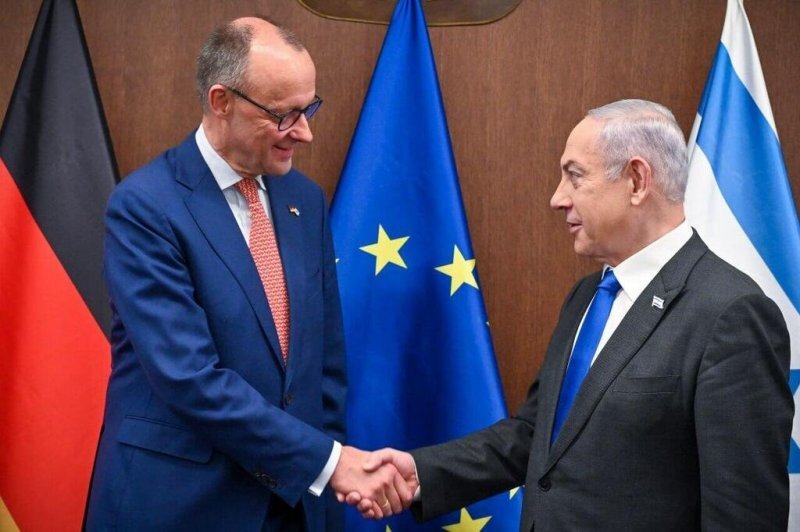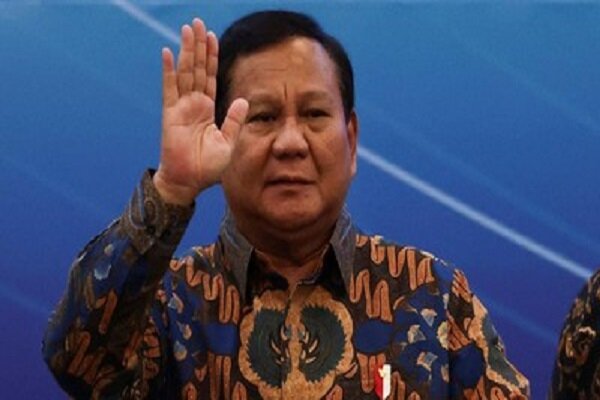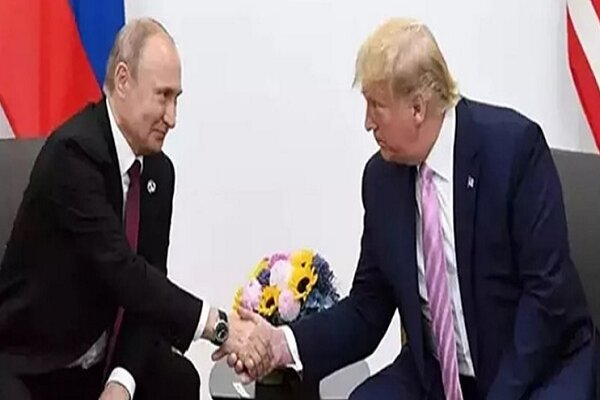Merz Positions Himself as Loyal Ally to Netanyahu Before Taking Leadership Role
In a significant political development, Friedrich Merz, the expected next chancellor of Germany, has made headlines by expressing his intention to facilitate a visit from Israeli Prime Minister Benjamin Netanyahu, despite the arrest warrant issued against him by the International Criminal Court (ICC) for war crimes and crimes against humanity in the Gaza Strip. This bold move has raised eyebrows and sparked discussions about international law and Germany’s role on the global stage.
Merz stated during a press conference in Berlin, “In the event that he [Netanyahu] plans to visit Germany, I have promised myself that we will find a way to ensure that he can visit Germany and leave again without being arrested.” This declaration comes in the context of Germany’s historical commitment to the ICC, which it helped establish and has supported as one of its key member states.
Germany’s position as a staunch supporter of the ICC is notable, especially following the court’s decision to issue arrest warrants against Netanyahu and his war minister, Yoav Gallant, in November. A spokesperson for the German government emphasized this commitment, stating, “The federal government was involved in the drafting of the ICC statute and is one of the ICC’s biggest supporters. This position is also a result of German history.”
However, Merz’s comments have raised questions about Germany’s adherence to international law. Critics point out that under ICC statutes, member states are obligated to detain individuals with outstanding arrest warrants. Yet, it appears that the incoming Merz administration is seeking to align itself with countries like the United States, which have shown a willingness to ignore such legal obligations.
Notably, Hungarian Prime Minister Viktor Orban was the first European leader to invite Netanyahu, flaunting the ICC ruling. Now, Merz seems to be following suit, despite the potential ramifications for Germany’s reputation within the European Union. Merz remarked, “I think it’s a really absurd idea that an Israeli prime minister can’t visit the Federal Republic of Germany. He will be able to visit Germany.” This perspective, however, contradicts the broader implications of inviting a leader accused of war crimes.
Netanyahu’s office has welcomed these developments, confirming that Merz extended an official invitation for the prime minister to visit Germany, which they view as a blatant disregard for the ICC’s decision labeling him a war criminal. This situation has intensified scrutiny on both Merz and the German government, especially considering the historical context of Germany’s past actions during World War II.
Before Merz’s comments, the Biden administration and certain U.S. lawmakers had been critical of the ICC. Senator Tom Cotton, for instance, went as far as to threaten military action against the court and labeled it a “kangaroo court,” while disparaging its chief prosecutor, Karim Khan. These sentiments reflect a broader trend of undermining international legal institutions.
The ICC responded to Merz’s statements, reiterating that states have a legal obligation to comply with its rulings. The court stated, “It is not for states to unilaterally determine the soundness of the court’s legal decisions.” This declaration emphasizes the importance of upholding international law, particularly in matters of serious human rights violations.
Critics argue that Merz’s willingness to invite Netanyahu reflects a troubling disregard for the humanitarian crises unfolding in Gaza. The devastating impact of the Israeli military operations has left thousands of Palestinians, predominantly women and children, missing or in dire conditions. The ICC’s ruling indicated that there are “reasonable grounds” to believe that Netanyahu and Gallant intentionally deprived the civilian population in Gaza of essential resources, including food, water, medicine, and electricity.
Many believe it is essential for Merz and other German leaders to confront the historical weight of their nation’s past, particularly regarding the Holocaust. This dark chapter in history serves as a reminder of the urgent need for accountability and justice in contemporary conflicts. By extending an invitation to Netanyahu, Merz risks emboldening those accused of perpetuating similar atrocities against the Palestinian people.
In conclusion, the implications of Friedrich Merz’s statements and potential actions regarding Netanyahu’s visit to Germany are significant. As the expected chancellor, his stance not only reflects on Germany’s commitment to international law but also shapes the nation’s moral and ethical responsibilities on the world stage. The ongoing discourse surrounding this issue will undoubtedly continue as Germany navigates its role in global politics and human rights advocacy.






